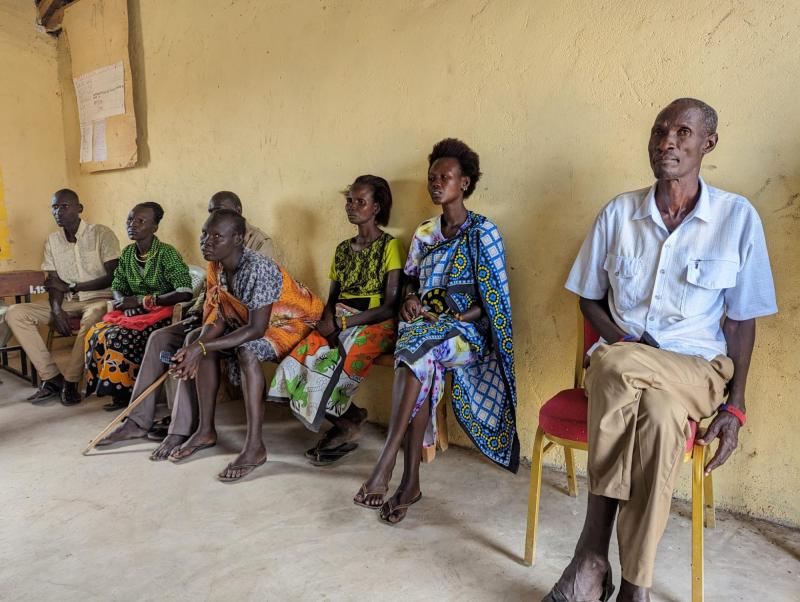Five lessons for supporting resilience in conflicts and recurring crises: evidence from SPARC’s retrospective studies of livelihood support
SPARC published five retrospective studies of projects in Ethiopia, Kenya, and Chad. This brief summarises lessons from these case studies, revisiting projects three to five years after closure.
Few published studies assess resilience-building interventions several years after completion. Since resilience can be observed only over time, almost nothing is known about what really helps people cope with shocks. Retrospective learning is even more important in conflicts and recurrent crises, where life is less predictable, and where informal rules and informal power relations are more important. Without such learning, investments in resilience continue to be based on untested assumptions.
SPARC published five retrospective studies of projects in Ethiopia, Kenya and Chad, implemented by governments, United Nations (UN) organisations, international Non-Governmental Organisations (NGOs) and local NGOs. They covered water development in the drylands, climate-smart agriculture, public works programming and market-based pastoral development.
Common lessons, apparent across these diverse studies, combine to explain why so many investments fall short of their expectations and show how better to support resilience in places threatened by crises.
This policy brief summarises the lessons from the five retrospective case studies, revisiting projects some three to five years after closure. All were selected because the implementing agencies indicated they were successful.
Findings include:
- Market approaches to transforming pastoral livelihoods failed to bring significant change because of misperceptions and false assumptions about the pastoral economy.
- New water sources in the drylands are commonly assumed to make people more resilient, but this is not always true. They may undermine resilience and create additional conflicts if the local management of natural resources is not understood.
- Public works were justified by the assumption that people’s labour builds useful assets, but they were not designed or managed to make this happen.
- Successful projects had offered several new ideas: people selected which to adopt or adapt. Institutions for driving innovations were often abandoned but the ideas were taken up in different ways.
Policy implications include:
- Support for resilience should focus on evolutionary changes that are easy to adopt, rather than on seeking transformations.
- Approval for any intervention should depend on evidence that it is based on an understanding of the informal ways in which people currently live. Projects should first look to improve what already exists.
- No single package of ideas can match the varied needs and priorities of people in even one community. It is better to provide a range of ideas that people can adopt and adapt.
- Theories of change should not be reduced to diagrams. The social processes by which change is likely to happen need to be taken seriously. This makes it possible for assumptions to be monitored – and for management to be adaptive.
- There are no excuses for continuing to rely on the same mistaken assumptions, simply because they are never checked.
This brief is also available in French here.
